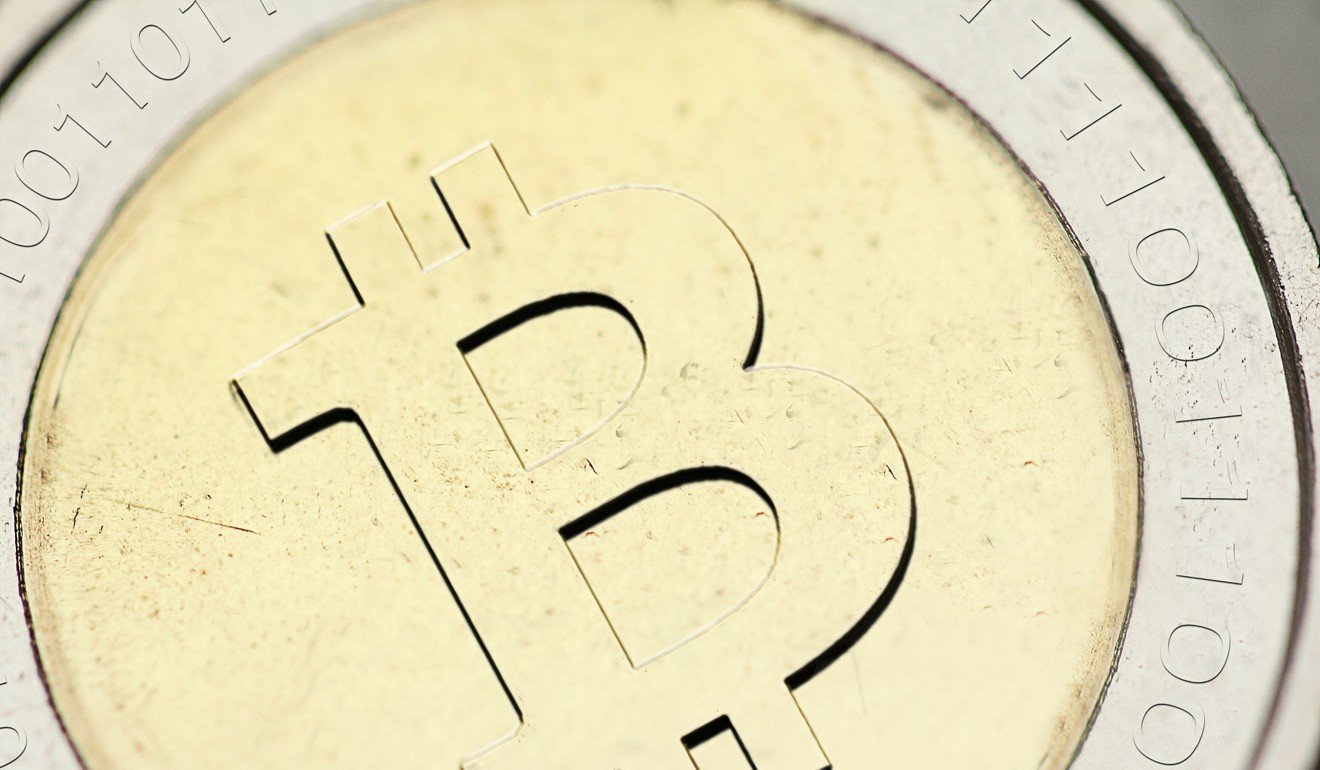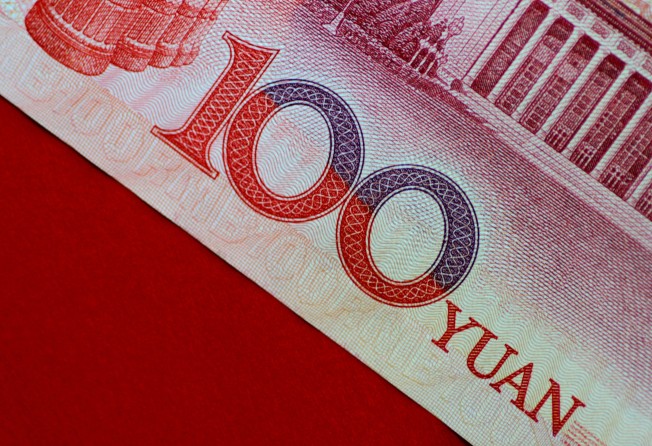
China ‘mulls crackdown on digital currency fundraising schemes’
Regulators considering introducing controls on ‘initial coin offerings’, according to media report, as schemes can pose huge risks to investors

China’s financial regulators are considering a crackdown on companies raising cash from investors by offering digital currencies similar to bitcoin, according to a Chinese media report.
Investors are pumping money into firms in so-called initial coin offerings, or ICOs, in the hope that the value of the tokens they are given in the virtual currency rises and they can sell them on for a profit.
The idea has taken off among Chinese investors hoping to speculate, partly because of the huge rise in the value of bitcoins on the market to close to 30,000 yuan (US$4,500) each this year.
The fundraising method bypasses the central bank, investment banks and stock exchanges and is subject to little regulatory scrutiny.
The Chinese government is preparing new rules on digital coin offerings and may ban them until the rules are in place, Chinese media outlet Caixin reported, citing unidentified sources.
The Beijing Municipal Bureau of Financial Work and the central bank organised two separate meetings this month on ICO regulation, according to the news website Tencent Finance.
Officials vowed to strictly control the fundraising schemes and did not rule out the possibility of banning them, the article said
Analysts say a coin offering can easily turn into a Ponzi scheme if the underlying projects have no value and if rampant speculators push up the prices of offered tokens excessively high. It could become a new headache for Beijing which is already busying dealing with “grey rhinos” – economic risks too big to ignore such as local government debt and illegal pyramid fund-raising schemes.
The concept of initial coin offerings, derived from the term initial public offering for listing firms on the stock market, barely existed in China until this year.

The firm warned on its website that “this project has a certain risk of failure and furthermore, the tokens issued by the project could become worthless! Please invest with caution! Think carefully before you invest!”
Yao Qian, a central bank official who is leading the development of official digital coins in China, said in a speech in June that the ICO market must be properly regulated.
“[We] can treat it with tolerant prudence, but cannot let it develop at its free will,” Yao said.
The authorities now appear to be acting. The industry and commerce bureau in Shanghai said on its social media account earlier this month that it had raided a hotel conference about blockchain – technology that records digital currency transactions – because the gathering was suspected to be “promoting pyramid schemes”.
Shanghai regulators questioned the event organisers, a company that develops digital currencies. The bureau later changed the allegation to “fake promotion” – a less severe suspected offence.
Zhu Jiawei, chief operating officer at one of China’s biggest bitcoin exchanges Huobi, said the initial coin offering market remained a free and wild place for now as there was no screening or regulation.
“The lack of approval procedures for ICOs can very easily lead to irrational investment and runaway projects funded by ICOs,” Zhu said.
“We need qualified third-party institutes to review and approve ICOs as well as its investors’ ability to perceive risk and supervise the information released by ICO initiators and their projects so there can be less chaos.”
Chinese investors were so keen to put money into anything remotely related to blockchain technology or “crypto-currencies” that some ICO fundraisers did not even bother to write a detailed project proposal, according to a report by The Beijing News this week.
Charles Xue, a renowned private equity investor, has put money into more than 20 of the coin offering projects in about 40 days, according to the report.
But Xue was quoted as saying that nine out of 10 ICO projects were not trustworthy in China “because of zero regulation”.
A shaky project with no hope of raising money through traditional means often put on the cloak of “blockchain” to raise money – or sometimes cheat money from investors, he said. “It’s quite alarming,” Xue was quoted as saying.